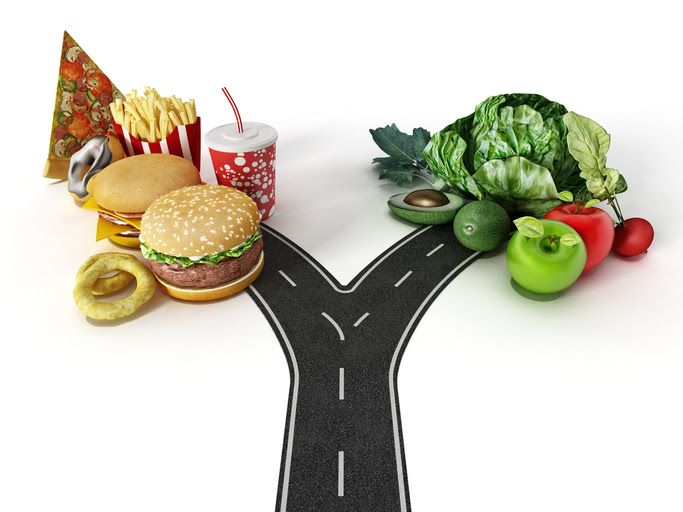I
wanted to share a little about my personal journey with Coeliac disease, as it’s something very close to my heart and often comes up in my practice.
For me, Coeliac runs strongly through the female line of my family – both my mum’s side and my grandfather’s maternal side, so you could say I got a double whammy of genetic susceptibility! My mum and auntie were both diagnosed in their early 20s. My auntie had some really severe issues, ending up hospitalised with calcification and severe mineral deficiencies. Mum’s symptoms weren’t quite as extreme; she had ongoing indigestion, heartburn, and mild constipation. Over the years, Mum unfortunately stopped following a strict gluten-free diet.
My own symptoms probably started quite young with my immune system responses. I seemed to catch everything worse than everyone else, always feeling like I had this shaky underlying immunity. Then, in my late teens and early 20s, I started having unpredictable tummy troubles – needing to find a bathroom urgently at any time, anywhere, which definitely caught me out a few times while travelling!
When I returned to New Zealand in the early 2000s, something significant happened: my mum was diagnosed with adenocarcinoma of the duodenum. For those who know a bit of anatomy, the duodenum is the part of your small intestine where all your nutrient absorption magically happens. Because Mum hadn’t stuck to a gluten-free diet her whole life, she ended up having nine centimetres of that vital section removed. This means her ability to absorb nutrients is now very low, so we make sure she’s on lots of goodies to support her. Despite this, she’s incredibly fit and healthy, and I’d be thrilled to be like her at that age! Around the same time, my own tummy issues worsened, and Mum was re-diagnosed as Coeliac, along with my grandmother.
When I looked into getting tested, the specialists back then were under the impression I didn’t need a biopsy, but it’s crucial to know that the “gold standard” for diagnosing Coeliac disease has always been an endoscopy with a biopsy of the small intestine. This requires you to be eating gluten for six weeks beforehand, which, due to my strong reactions, my mum’s specialist said was a definite “no way, Jose!” for me, as I likely would have ended up in hospital like my auntie.
So, that’s how my journey truly began. It’s definitely had its ups and downs, slips, and even some denial about what I could and couldn’t have. Discovering gluten hidden in packet foods, spices, soy sauce, alcoholic drinks, ice cream, and confectionery was a huge learning curve! My symptoms are pretty aggressive when I do accidentally get glutened. I might not know immediately – sometimes just feeling a bit tired, which can be my normal – but usually, around 22 to 26 hours later, I’ll have a severe reaction in my large bowel. Afterwards, it feels like having the flu, leaving you utterly unwell, and if you’re not looking after yourself, it can push you right over. My digestion and bowel motions become very irregular, and it can take months to repair. So, eating safely is absolutely paramount for me.
I’d love to hear if anyone else in our community has Coeliac disease in their family or for themselves. Please share your experiences – it’s truly different for every person. Even within my own family’s female line, symptoms vary wildly.
It’s also really important to understand that Coeliac disease isn’t just about avoiding gluten and everything will be okay. It’s an autoimmune condition, meaning your body’s immune system mistakenly attacks itself. Gluten makes it worse, but having one autoimmune condition means you’re more prone to others – think thyroid issues, lupus, arthritis, anything’s potentially “up for grabs,” depending on your other genetic predispositions. So yes, you must avoid gluten, but you also need to be mindful of many other things because our bodies can react to different triggers.
We often see issues like iron deficiency (anaemia), B12 deficiency, sleep problems, chronic fatigue, and depression. With young children, it can even lead to a “failure to thrive,” where they don’t meet their growth and development milestones. It’s incredibly serious; it’s not a case of “just don’t eat gluten” or “a little bit will be okay.” It’s never okay. And even if your home and environment are 100% gluten-free, you still have ongoing health aspects to manage, which, again, can differ for everyone based on their unique genetic makeup.
So, please reach out, let’s talk, ask questions, and if you want to know more about my journey, flick me a message!
“Living with Coeliac disease isn’t just about avoiding gluten; it’s a journey of deep understanding and nurturing your body from the inside out, constantly listening to its unique needs.”



